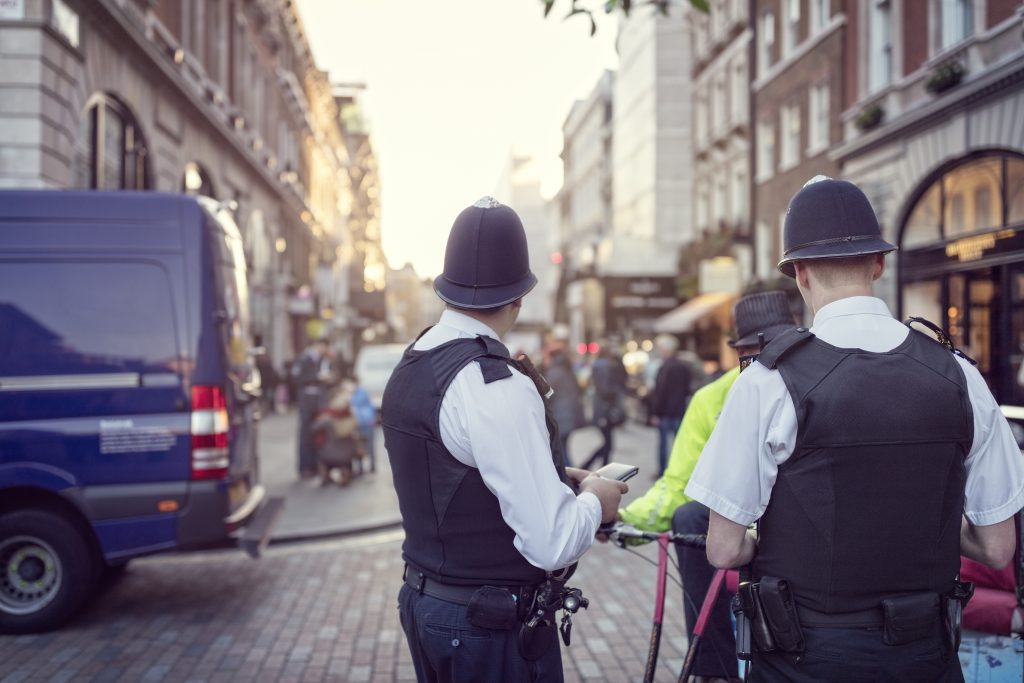 In today’s society, depression is a common issue but what is it really like to experience depression? People who have gone through depression will often tell me that their world turned grey and that they experienced a sense of loneliness so strong that it could be felt in the most inner parts of their bones. They describe being in a prison of gloom and suffering, a prison whose walls are invisible, but still quite impenetrable.
In today’s society, depression is a common issue but what is it really like to experience depression? People who have gone through depression will often tell me that their world turned grey and that they experienced a sense of loneliness so strong that it could be felt in the most inner parts of their bones. They describe being in a prison of gloom and suffering, a prison whose walls are invisible, but still quite impenetrable.
In the prison of depression, the mind often travels to a place of darkness, and it becomes preoccupied with our sins, our inadequacies and the futility of our existence. Each day starts to merge into the next, and the focus of our attention becomes more and more on the issues of life and death, more specifically – what we have done with our life, our place in the world, and our feelings of anger, guilt, shame, jealousy, revenge, fear, hate, courage, forgiveness and love. Sometimes we feel imprisoned for years.
What comes out of this period of painful turmoil will vary from person to person. For some it will be an ongoing sense of confusion and sorrow, whilst for others it can result in growth, compassion and ultimately a sense of peace.
During my time as a psychologist I have had many conversations with people who have gone through depression. Some of them have had treatment with other health care professionals on multiple occasions and yet their symptoms of depression have persisted. I have also had many conversations with individuals who have been through horrible and life changing situations, but who nevertheless have somehow coped. The current literature on depression suggests that despite our life circumstances, we ourselves build the prison of depression. This is good news! If we built the walls that keep us trapped, then we also have the ability to find the key that will allow us to unlock the door and let us out.
Breaking free from the prison of depression can sometimes happen in as little as five or six sessions if you follow a few simple steps. Firstly, adopting a position of curiosity and willingness to try something new will put you in a great position from the outset. When entering therapy, you will be faced with two paths. The first represents a path that you have been down before, it’s the path of no change, and it includes holding on to your old thoughts, feelings and behaviours. The second path will be unknown to you, and might therefore at first bring up a sense of fear. However, should you decided to take a leap of faith and chose this second path, then in return it may offer you the possibility of change and hope. When breaking out of the prison of depression, hope is important and nurturing hope in any way that works for you will be vital. This could for instance be done by seeking out support from others, reading inspirational stories about others who have broken out of the prison of depression, or acting as your own cheerleader.
Secondly, working towards meeting your emotional needs, will over time allow you to find enjoyment in life again. In the prison of depression, it is common to lose ones’ sense of meaning and purpose in life, and this often results in reduced experiences of pleasure and a sense of achievement. Identifying activities that may provide an increased sense of pleasure and achievement and then embarking on these activities usually has a positive impact on mood.
Thirdly, identifying what beliefs, opinions and assumptions maintain the depression can be key to understanding what changes to make in the future. Identifying unhelpful thinking patterns and considering alternatives views will put you one step closer to finding the key and unlocking that door.
Finally, learning to show compassion towards yourself. Being self-compassionate involves acting the same way towards yourself as you would towards a friend or loved one if they were going through a difficult time. It includes purposefully comforting yourself when life is hard, and focusing on how you can best take care of yourself in that moment.
Although the journey out of the prison of depression will be different for every individual who embarks on it, the four points above will put you in a good position to finally finding that key and living the life that you want and deserve.
Author: Dr Torstein Stapley
Read more about the author here








 In today’s society,
In today’s society, 

